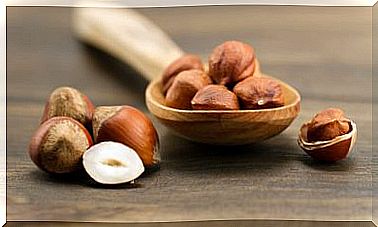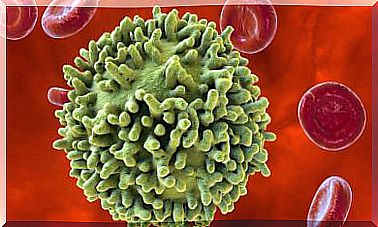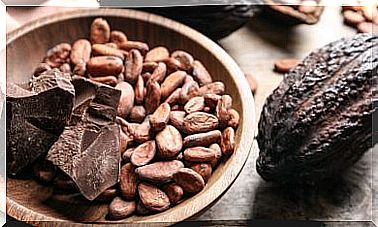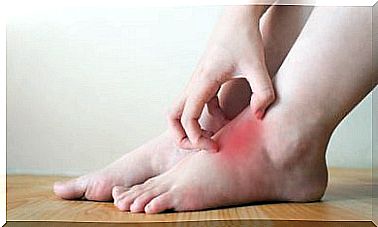Natural Remedies For Hiatal Hernia
In hiatal hernia, a portion of the stomach presses towards the chest or diaphragm area, as stated by information obtained from the Mayo Clinic. This can also cause gastroesophageal reflux.
By changing some customs we can notice a lot of improvement. It is important to treat the hiatal hernia with a prescribed medical treatment so that it does not worsen in the future and cause more serious health problems.
Hiatal hernia and heartburn
Hiatal hernia can be linked to excess gastric acidity, according to this study on the incidence of gastroesophageal reflux disease carried out by the Ramón y Cajal Hospital (Madrid). We can combat it by avoiding acidifying foods (such as salt, sugars, fried foods, animal protein, dairy) and instead by regularly consuming alkaline foods rich in flavonoids :
- Figs
- Berries
- Grape
- Beet
- Carrot
- Cucumber
- Lettuce
- Baby spinach
- Celery
- Turnip
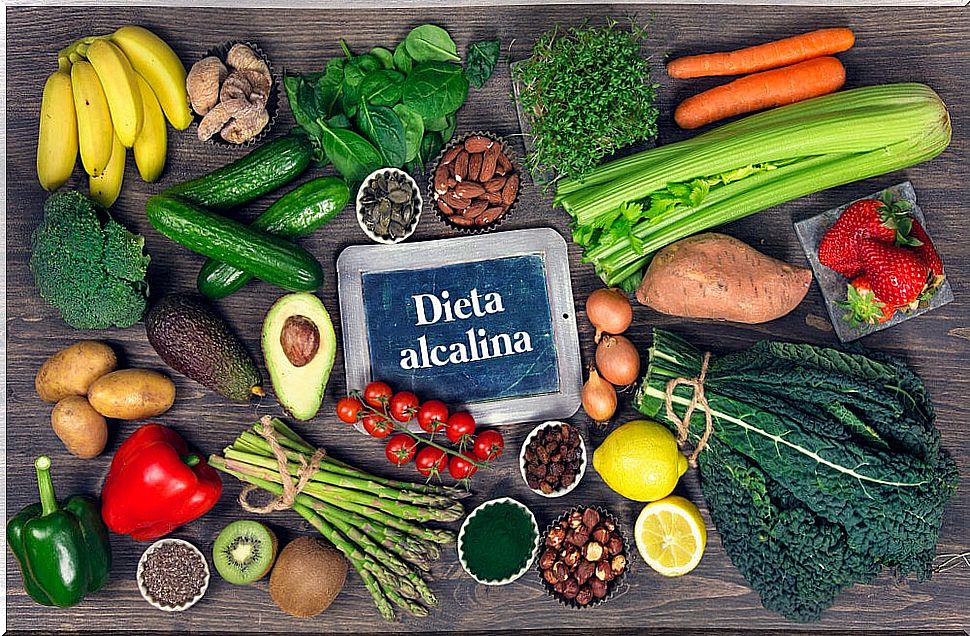
To sweeten we can substitute the sugars for stevia or agave syrup.
An acidified organism is the ideal terrain for all kinds of pathogens, so hiatal hernia and heartburn are, in fact, the signals that warn us that something may go wrong.
Bicarbonate hot springs
A very pleasant way to remove acidity from our body is to drink bicarbonated water, according to the National Library of Medicine of the United States and take baths in bicarbonated hot springs. Each spa has a type of water with specific characteristics, so we must find out which ones are bicarbonated. Sea water is also alkalizing.
However, there is no scientific evidence to support this last practice.
Regeneration of the digestive mucosa
People with a hiatal hernia can suffer from irritation of the entire digestive mucosa due to continuous acid reflux. If this is our case, we can take liquid organic silicon daily , which according to this study carried out by the Complutense University of Madrid, is neuro and hepatoprotective.
However, we must first consult a doctor.
The following foods and supplements also benefit the mucosa:
- vitamin C. According to this study carried out by the Spanish Food and Nutrition Centers, it is absorbed very well by the mucosa.
- aloe vera. This is affirmed by this research carried out by the University of Poznan.
- flax seeds soaked in water. Flaxseed, according to this study carried out by the Fluminense Federal University (Brazil), does not damage the intestinal mucosa.
- the plantain: As stated in this research carried out by the Universidad Mayor de San Simón (Bolivia).
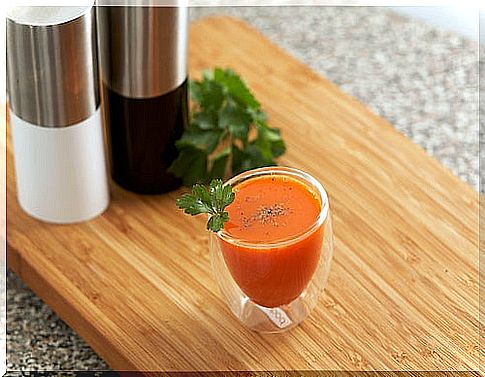
Digestion begins in the mouth
A healthy diet is only achieved by properly assimilating nutrients, and for this it is essential to chew food well. We should swallow them when they are completely crushed and mixed with the saliva.
Saliva contains digestive enzymes that help the stomach not have to overexert itself. People who suffer from hiatal hernia tend to chew little, and in these cases the stomach rejects food through gastric reflux. This is what this research carried out by the Military Teaching Hospital “Dr. Joaquín Castillo Duany ”(Cuba).
As Gandhi said,
To do it correctly we can try to eat consciously, avoiding too many stimuli (important conversations, television, etc.).
An ancient remedy
Formerly it was recommended to carry out a novena (nine days) taking the preparation of the juice of a quarter of a large raw potato (approximately a quarter or a third of a glass) well washed and peeled, mixed with two tablespoons of extra virgin olive oil.
However, there is no scientific evidence to support it, so it is best to consult a doctor first.
Other tips
Some of these tips will alleviate the discomfort caused by hiatal hernia:
- Avoid tobacco, as it helps irritate the esophagus. In fact, this study carried out by the Ramón y Cajal University Hospital (Madrid) relates it to the appearance of peptic ulcers.
- Consult with your doctor if you are taking any type of medication. It can be a relevant piece of information.
- It is better to avoid straining the stomach and to eat more repeated and smaller meals.
- Avoid very cold or very hot foods and drinks.
- It is not advisable to drink water during the meal. We will do it preferably up to an hour before or after digestion.
- At meals we will eat raw and natural foods first, and then cooked ones.


